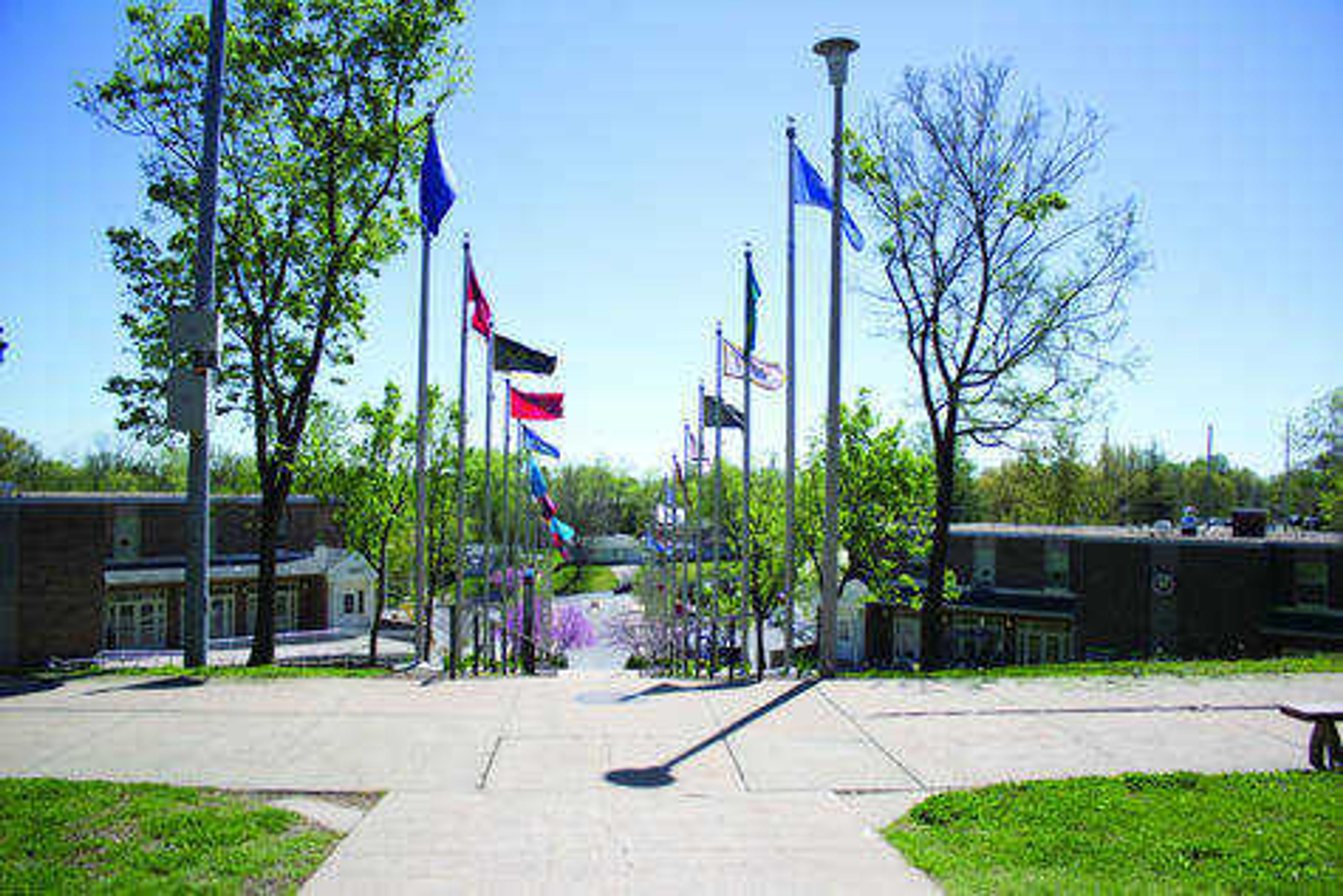New fraternities added despite dissent
In addition to the nine fraternities included in the Interfraternity Council at Southeast Missouri State University, two more fraternities will be added within the next two years.
In addition to the nine fraternities included in the Interfraternity Council at Southeast Missouri State University, two more fraternities will be added within the next two years. Tau Kappa Epsilon, a fraternity interested in recolonizing on Southeast's campus after a 24-year absence, plans to return in fall 2014, and Alpha Sigma Epsilon plans to join campus in fall 2015.
"If a fraternity is interested in coming to the university, that means the university has to be functioning successfully in retention rates, enrollment is up, or they have a good population to choose from that can establish an organization that can be sustained for a long period of time," director of Greek Life DeAnte' Smith said.
Tau Kappa Epsilon hopes to gain support and resources from Southeast alumni that were initiated into the fraternity before it left campus 24 years ago. On the other hand, Sigma Alpha Epsilon will be starting from scratch in the sense that they do not have alumni that are from this institution, but they claim to have more than 200 alumni that were initiated into the fraternity at other universities who now live within a 30-mile radius of Cape Girardeau.
With a total of 11 fraternities after these additions, and only six sororities on campus, IFC is hesitant about the change.
"We've talked to our students about the expansions and from what they've told us so far, our students don't want another fraternity at this particular time because they feel that we have too many fraternities and not enough sororities right now, so they want our focus to kind of be on sororities," Smith said.
Though Southeast is in the beginning stages of the process of adding a new sorority, the structure of bringing in a new sorority to campus is the exact opposite of bringing in a new fraternity. It also includes multiple extensive steps and takes much more time to finalize.
"Adding a sorority is a very long process, and we have to do so much in order to just request that organizations come and look at our campus and see if they even want to come here. We are the ones who have to reach out to the sororities, while fraternities basically just contact us and say 'Hey, we looked online and we saw your numbers, and we want to come colonize on your campus,'" Smith said.
Members of fraternities are also hesitant about bringing in more fraternities due to the fact that the new additions may affect the existing fraternities' retention rates and recruitment numbers.
"The general belief is that bringing in more chapters pulls and takes away from the students the original fraternities have to pull from for recruitment, or that new organizations will just hinder us," Smith said.
Even though the situation is not ideal and fraternities have had trouble filling their quotas in the past, IFC is confident enough in its current chapters' recruitment processes that they hope the new chapters will not affect their recruitment numbers but rather appeal to other students who would not have originally joined a fraternity.
Smith said the IFC fraternities interested in joining campus have stated that they generally come in and try to establish their organization after formal recruitment is over to avoid harming the quotas of other fraternities during that first year. They intentionally come in at a later time to try to recruit the students the existing fraternities may have missed.
"One of the purposes of IFC is to aid in the fraternities success at Southeast," IFC President Weston Blankenship said. "We will continue to do that whether it is a new chapter or one that has been here for decades."




